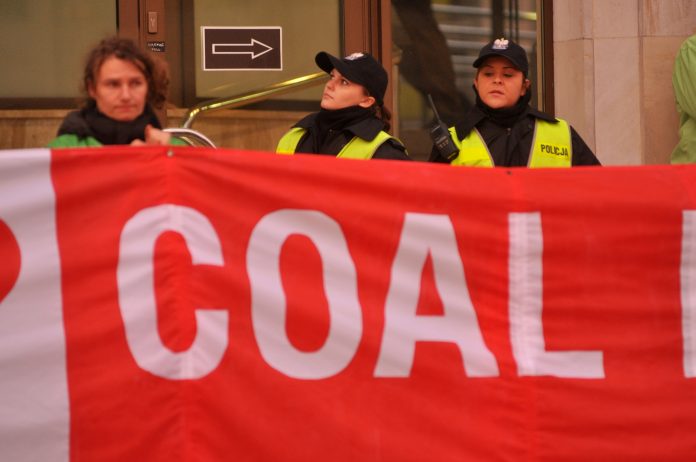Poland’s Deputy Energy Minister Grzegorz Tobiszowski announced on November 29 that his country will start investing in a new coal mine next year in the south of the country. The announcement came just a few days before UN climate talks start there in one of the country’s most polluted cities.
“We’re planning an investment next year in building a new coal mine in Silesia, as this could make sense,” Tobiszowski told a press conference. He declined to give any further details.
“Poland needs coal and either this will be our coal or from outside,” Tobiszowski also said, referring to Poland’s increased coal imports, mostly from Russia as domestic production has fallen.
The UN climate conference – the most important since the Paris Agreement of 2015 – opens on December 2 in Katowice, Silesia.
As host for the 24th Conference of the Parties to the United Nations Framework Convention on Climate Change summit, Poland recently completed its first auction for the capacity mechanism. The auction is meant to ensure the country has enough capacity to provide back-up power by 2021.
According to the initial allocation, at least 80% of 22.4GW of capacity is reported to have been allocated to coal and lignite.
As reported by GlobalData Energy online, this has led industry watchers to believe that the domination of coal in the country’s power mix is expected to stay. Poland meets 90% of its electricity requirement from coal plants, most of which are outdated and will need to shut down in the coming years.
The government of Poland believes that retiring its old power plants would put the country’s energy security at risk. Hence, it is of the opinion that the capacity mechanism will ensure long term electricity supply and will be a cost-effective way to ensure stable power supply.
The contracts in Poland are being offered for up to 15 years starting from 2021.
Critics argue taxpayers’ money is being used to provide additional profit for utilities, which provide uneconomical, inefficient and heavily polluting power. They argue that the Polish government is subsidising coal-based power capacity in the country. The subsidies are a source of additional profit for the utilities on top of their regular revenues from the actual supply of electricity.
As for renewables, Poland recently held mixed energy auctions for wind and solar projects greater than 1 MW.
A total of 31 wind projects were awarded, with a capacity of nearly 1 GW which would generate 41.996 TWh over 15 years.
In a recent article, Poland’s energy minister also emphasised the use of nuclear energy for the country to attain a stable supply of electricity. The article refers to challenges faced in using renewable energy, such as intermittency and inability to store the energy.
Meanwhile, Greenpeace activists climbed a 180-metre chimney at state-run utility PGE’s coal-fuelled power plant on November 29. They threatened to sue PGE unless it phases out coal by 2030.
“After protesting at the plant, we have written to PGE asking the coal utility to do what is needed to avoid a climate catastrophe. If PGE does not respond to these requests, we will take them to court,” Pawel Szypulski from Greenpeace said.

